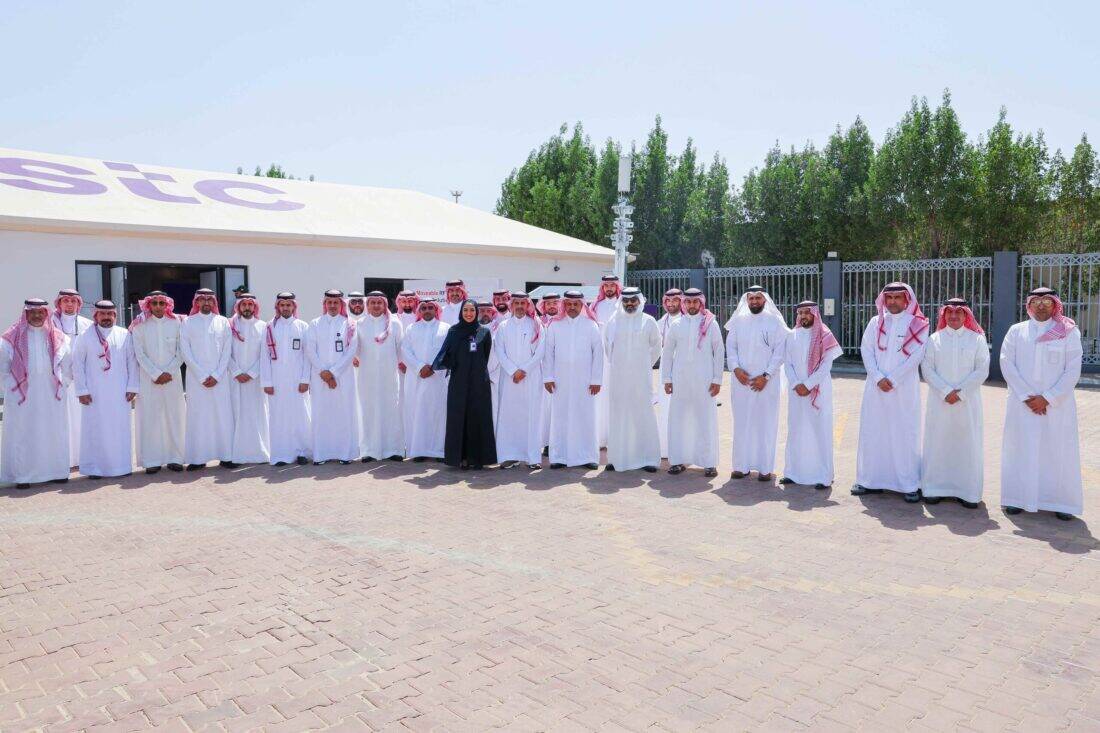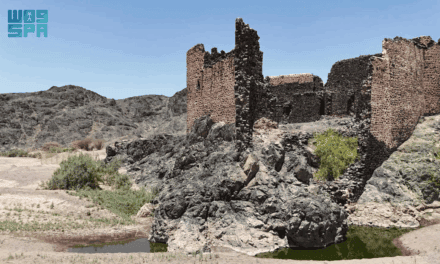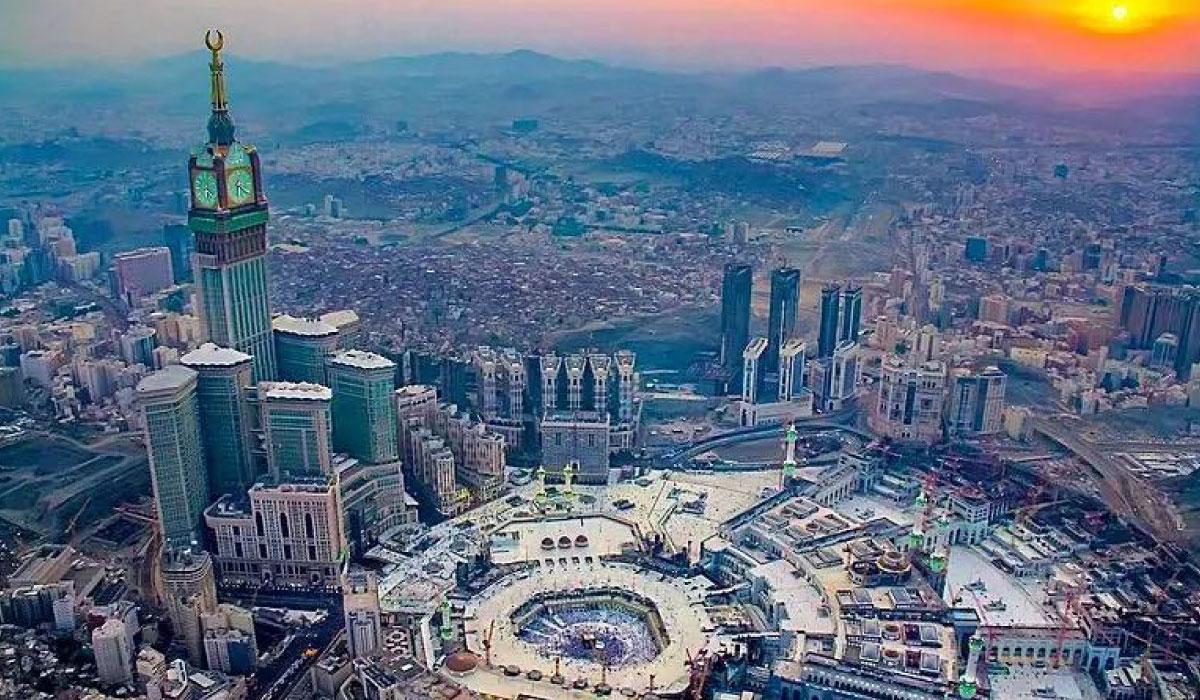Makkah, Saudi Arabia — Saudi Arabia continues to strengthen its Hajj digital infrastructure to ensure a seamless experience for pilgrims during Hajj 1446H. Minister of Communications and Information Technology, Eng. Abdullah bin Amer Al-Swaha, conducted a field visit to the holy sites, where Director of Public Security, Lt. Gen. Mohammed bin Abdullah Al-Bassami welcomed him. The visit focused on reviewing telecom readiness and digital systems.
Smarter Services Through National Collaboration
Al-Swaha toured key sites operated by telecom providers such as stc, Mobily, Zain, and Tawal. He assessed how well their operations, emergency plans, and technical systems are integrated. These preparations, led by the Digital Economy, Space, and Innovation ecosystem, are central to building efficient smart pilgrimage systems.
He stressed that Saudi Arabia’s leadership has prioritized digital transformation to serve pilgrims better. By expanding coverage and digital tools, the government enables public agencies to respond more quickly and deliver better services. This effort reflects a national push to enhance tech-enabled Hajj support.
The minister emphasized the value of collaboration between the public and private sectors. As he explained, successful Hajj operations now rely heavily on the strength of digital networks and connectivity.
Network Expansion and Technical Readiness
This year’s upgrades include more than 9,000 4G and 5G telecom towers across Makkah, Madinah, and the holy sites. This represents a 6% increase over last year. These towers are key components of the Kingdom’s digital Hajj networks, ensuring reliable service even in high-density areas.
In addition, more than 2,000 kilometers of fiber optic cables have been added, reflecting a 7% boost in digital infrastructure. The Ministry also activated over 10,500 free public Wi-Fi access points to support pilgrims throughout their journey.
To maintain these systems, over 4,000 engineers and digital specialists are on-site. Their expertise helps ensure that any technical issues are addressed immediately, keeping the entire Hajj digital infrastructure stable and responsive.
In conclusion, Saudi Arabia’s investment in Hajj digital infrastructure highlights its commitment to modernizing the pilgrimage through innovation and smart services. With expanded networks and real-time digital support, the Kingdom is setting a global standard for connected events.






